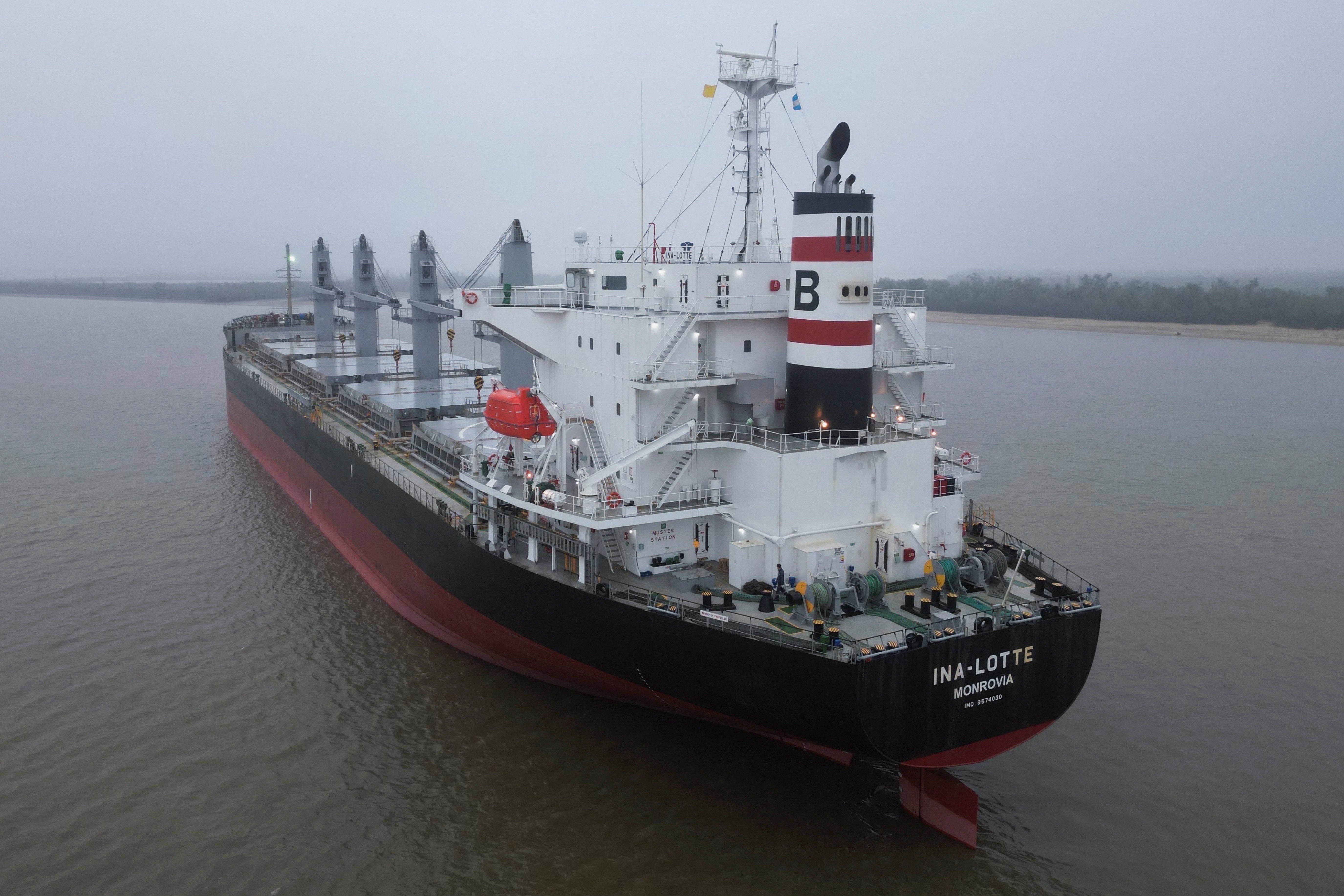Thailand confirmed on Thursday that the country has its first case of the new, more dangerous strain of mpox, and Argentina has quarantined a cargo ship in the Parana River over a suspected case onboard.
The news comes as global public health authorities raise the alarm about the fast-spreading variant of the virus, which has already surged in central and eastern Africa. So far in 2024, those regions have recorded over 17,000 infections, and while cases are usually mild, more than 500 people have died.
Mpox is a viral infection that causes pus-filled lesions and flu-like symptoms. It is typically transmitted through intimate physical contact, face-to-face breathing, infected skin lesions, or contaminated objects.
Why is this strain different? The new clade 1b strain has caused concern because it seems to spread more easily through routine close contact, and it is affecting women and children in larger numbers. It is fatal in about 3.6% of cases, especially for children.
Although the World Health Organization has issued a global public health emergency warning, it insists this “is not the new COVID,” and that the spread can be controlled through public health efforts — like enhanced surveillance and tracing, as well as isolating those infected — while the new strain is studied.
